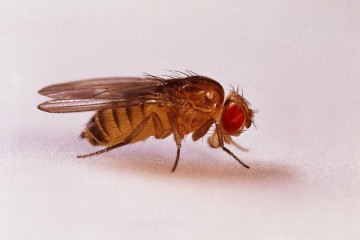Project grant
Using the Drosophila fly intestine to investigate Wnt targets in vivo

At a glance
Completed
Award date
November 2010 - November 2013
Grant amount
£350,525
Principal investigator
Dr Owen Sansom
Institute
University of Glasgow
R
- Replacement
Read the abstract
View the grant profile on GtR
